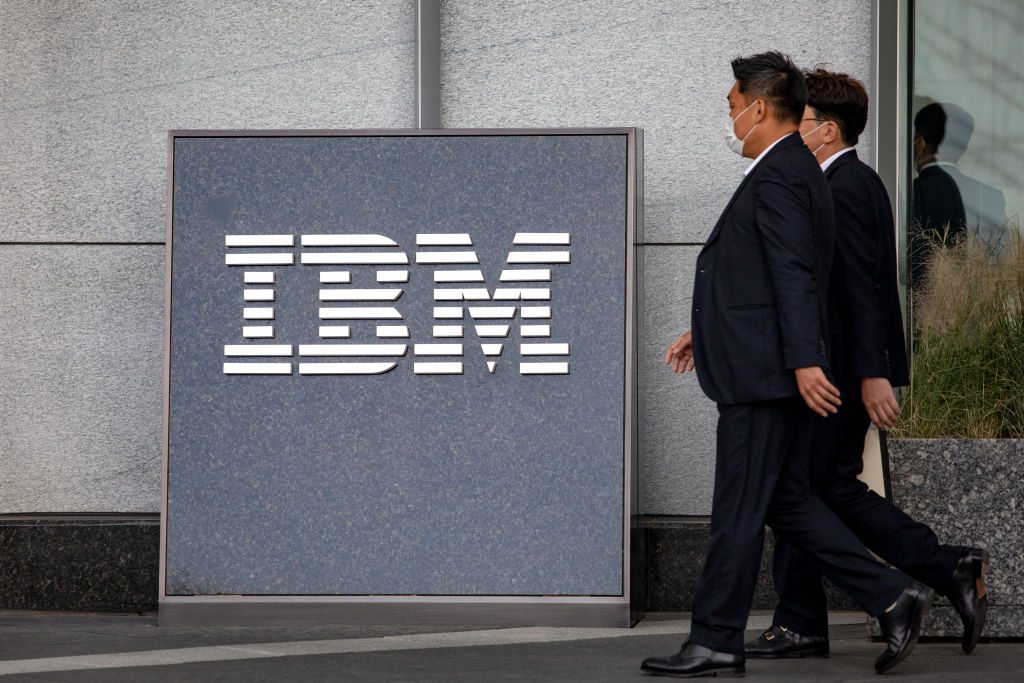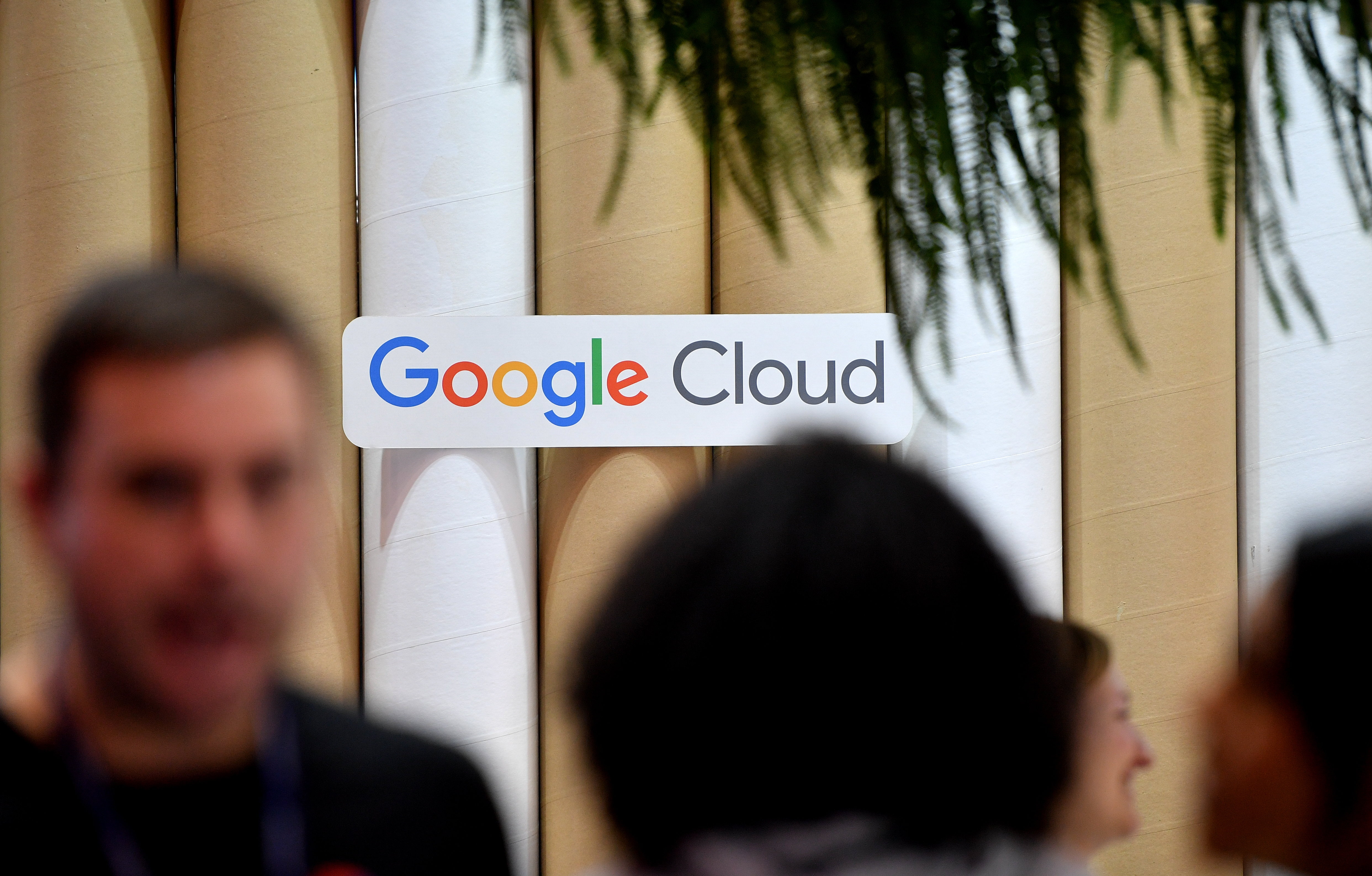Google Cloud's earnings tease new era of consistent profitability
Google Cloud posted its second quarterly profit, potentially marking a new era for the division


Google announced that its cloud division has posted a second consecutive quarterly profit following several years of losses.
In its earnings call this week, the tech giant revealed that revenue from the cloud business grew by 28% in the previous quarter, reaching $8.03 billion. This growth exceeded previous expectations, with analysts predicting figures around the $7.83 billion mark ahead of the announcement.
The cloud division also reported an operating income of around $395 million, marking a stark contrast to the same period last year in which it recorded a loss of $590 million.
Google Cloud’s strong performance in Q1 may have marked the beginning of an exciting period for the cloud division, placing it on the right track in terms of both operating revenue and profitability.
Traditionally, Google Cloud has been a loss-making division for Alphabet, posting repeated losses in recent years.
In 2022, Google Cloud recorded an overall operating loss of $1.9 billion. But while this made for grim reading, there were signs that its profitability was improving.
In the year prior, the division recorded a loss of $3.1 billion while 2020 saw staggering losses of $5.6 billion as it struggled to contend with competitors in the space, such as AWS and Microsoft.
Get the ITPro daily newsletter
Sign up today and you will receive a free copy of our Future Focus 2025 report - the leading guidance on AI, cybersecurity and other IT challenges as per 700+ senior executives
Holger Mueller, VP and principal analyst at Constellation Research, said that Alphabet does appear to have “turned the corner” in core business areas, but warned that the cloud division still has a long way to go to catch competitors in the space.
“Alphabet seems to have turned the corner in its core business, advertisement, which is growing again and Alphabet is back at being profitable,” he said.
RELATED RESOURCE

Using application migration and modernization to supercharge business agility and resiliency
Discover how IBM's cloud migration and modernization services can transform your IT into a future-resilient operation.
DOWNLOAD FOR FREE
“The swing from loss to profit at Google Cloud is a small, but significant, contributor. And while Google Cloud is far from being Google’s AWS – it is on the way to it.”
Mueller also highlighted how impactful Google’s practice of stretching equipment life could be in the long term in terms of financial gains.
“Google is stretching equipment life to six years for servers and networking – that helps the balance sheet – but will be the cause of potential concerns regarding reliability,” he said. “Certainly Google knows what it is doing, but only the future can tell what it does to uptime, performance, and robustness of its offerings.”
What’s driving Google Cloud's growth?
In a post-earnings call with analysts, CEO Sundar Pichai pointed toward recent generative AI successes as a key differentiator for the division and its ability to attract new customers capitalizing on the AI ‘boom’.
“It’s an exciting moment overall in cloud because there is definitely a lot of interest from customers on AI, and they definitely are engaging in many more conversations with us,” he said.
“I would say, without commenting on the short term, but when I think about it long term, I view the AI opportunity as expanding our total addressable market and allowing us to win new customers,” Pichai added.
Pichai noted that, increasingly, Google Cloud’s “AI-optimized” infrastructure is placing the company in a unique position to appeal to organizations adopting and leveraging generative AI - and this is highlighted by the volume of AI firms it boasts as customers.
“Our AI-optimized infrastructure is a leading platform for training and serving generative AI models,” he told analysts. “More than 70% of gen AI unicorns are Google Cloud customers, including Cohere, Jasper, Typeface and many more.”
Google has been bullish on generative AI across the board since late last year with the emergence of ChatGPT. The launch - and popularity - of ChatGPT prompted the firm to issue a ‘code red’ alert for staff and focus heavily on AI development.
Earlier this year, the firm announced the launch of its ‘Bard’ large language model (LLM) for use in Google Search.
April saw Google Cloud unveil a raft of new AI-based security tools. The Google Cloud Security AI Workbench was described at the time as an “industry-first extensible platform” and is powered by a security-specific LLM known as ‘Sec-PaLM’.
Meanwhile, in May the company unveiled the launch of its Duet AI assistant for Workspace customers in a move to compete with Microsoft’s Copilot features.

Ross Kelly is ITPro's News & Analysis Editor, responsible for leading the brand's news output and in-depth reporting on the latest stories from across the business technology landscape. Ross was previously a Staff Writer, during which time he developed a keen interest in cyber security, business leadership, and emerging technologies.
He graduated from Edinburgh Napier University in 2016 with a BA (Hons) in Journalism, and joined ITPro in 2022 after four years working in technology conference research.
For news pitches, you can contact Ross at ross.kelly@futurenet.com, or on Twitter and LinkedIn.
-
 Should AI PCs be part of your next hardware refresh?
Should AI PCs be part of your next hardware refresh?AI PCs are fast becoming a business staple and a surefire way to future-proof your business
By Bobby Hellard Published
-
 Westcon-Comstor and Vectra AI launch brace of new channel initiatives
Westcon-Comstor and Vectra AI launch brace of new channel initiativesNews Westcon-Comstor and Vectra AI have announced the launch of two new channel growth initiatives focused on the managed security service provider (MSSP) space and AWS Marketplace.
By Daniel Todd Published
